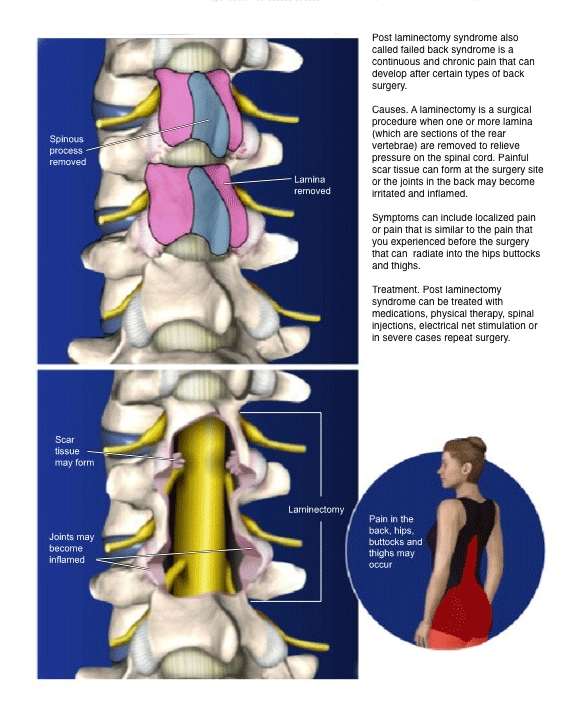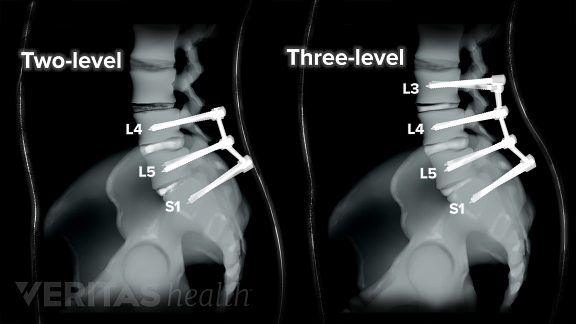What Is A Hematoma After Back Surgery
Hematoma is generally defined as a collection of blood outside of blood vessels. Any collection of blood in the body is cause for concern but it can be especially problematic when it occurs around the spine.
If a hematoma develops you may notice some additional pain discomfort or swelling.

What is a hematoma after back surgery. Yes a subdural hematoma can be a serious event. A hematoma that forms under the skin will feel like a bump or hard mass. A seroma is an accumulation of fluid in a tissue or organ that can occur after surgery or sometimes after an injury such as blunt trauma.
Symptoms that occur from a spinal hematoma should alert the patient to seek immediate neurosurgical evaluation. A surgical hematoma is a collection of blood in a sac in close proximity to a surgical site. Most people experience a hematoma at some point in their lives.
A spinal hematoma is a collection of blood that compresses the spinal cord and nerve roots. A hematoma is an accumulation of blood that occurs outside of the blood vessels usually caused by a hemorrhage. Your body may break down and absorb a mild hematoma on its own.
Occasionally the bleed is slow and the body is able to absorb the pooled blood. Generally fewer than 3 people out of 100 will get an infection after surgery. Hematoma after Spine Surgery.
It is not unusual for a hematoma to occur after surgery generally at the surgical site as a result of damage to the surrounding blood vessels. Most commonly hematomas are caused by an injury to the wall of a blood vessel prompting blood to seep out of the blood vessel into the surrounding tissues. Cells are typically present in the fluid which is normally clear.
A hematoma can result from an injury to any type of blood vessel artery vein or small capillary. Facts to Know About Hematoma on Spine. Hematomas can happen anywhere in your body including in your brain.
A hematoma is a common problem that occurs as a result of damage to one of the larger blood vessels in the body. It is not unusual for a hematoma to happen after surgery generally at the surgical site as a result of damage to the surrounding capillary. This pressure can lead to breathing problems paralysis and death if not treated.
Spinal epidural hematoma SEH is an accumulation of blood in the loose areolar tissue between the vertebrae and the dura of the spinal canal. Spontaneous spinal subdural hematoma s are extremely rare. A spinal subdural hematoma SDH is a collection of blood that may compress nerve roots near the spine or the spinal cord itself.
Mishaps during the surgery improper post-surgery care etc. A hematoma is an accumulation of blood that takes place beyond the capillary normally caused by a hemorrhage. In most cases surgical hematomas will heal on their own given enough time.
Hematoma is a sac of blood that gets accumulated at a surgical site after surgery. However if the hematoma is severe the buildup of blood can cause pressure on the brain. But your chances go up if youre older you smoke youre overweight or you have diabetes or other medical issues.
To identify risk factors for the development of an epidural hematoma following spinal surgery. The frequency of hematoma evacuation after spinal surgery is reportedly 01-3. In some cases improper care of the patient after surgery can lead to a hematoma as well.
Summary of background data. A nontraumatic acute spontaneous spinal subdural hematoma sSDH is a rare complication after spinal surgery. Hematomas can form after surgery all surgical procedures involve some degree of trauma after all.
The fluid called serum leaks out of nearby damaged blood and lymphatic vessels. The risk factors that predispose a patient to a postoperative spinal epidural hematoma have not been identified. This accumulation of blood leads to pain inflammation and discoloration of the skin around the surgical wound.
Although an sSDH is often associated with anticoagulation therapy vascular malformations or lumbar puncture the pathogenesis of nontraumatic spontaneous sSDH remains unclear 1. Typically the hematoma is asymptomatic but in rare cases it will compress the spinal cord with potentially devastating neurological consequences. A hematoma may form in a muscle or in the tissues just under the skin.
Epidural hematomas should be suspected in the patient who demonstrates a new postoperative neurologic deficit. Significant compression of the spinal cord can result in irreversible neurologic damage. Generally surgical hematomas form near the surgical site.
Symptoms may include pain weakness numbness difficulty walking loss of bowel andor bladder control or paralysis. The resulting compression is serious and may lead to paralysis or permanent loss of neurological function if not detected and treated as soon as possible. This complication of surgery can occur in many different locations and usually resolves on its own although in some cases the surgical site needs to be reopened to allow a surgeon to drain the hematoma and fix the cause.
A hematoma can look. A spinal subdural hematoma is a rare but very serious condition that develops when an accumulation of blood mechanically compresses the spinal cord. Neurological deterioration due to spinal epidural hematoma SEH is a rare but significant complication of spinal surgery.
This problem can lead to serious complications if not addressed immediately so today were going to share the symptoms and risk factors for the development of spinal subdural hematomas.
 The Evidence For An Alternative To Spinal Fusion Surgery Caring Medical Florida
The Evidence For An Alternative To Spinal Fusion Surgery Caring Medical Florida
 Post Laminectomy Syndrome Failed Back Or Neck Syndrome
Post Laminectomy Syndrome Failed Back Or Neck Syndrome
 The Radiology Assistant Lumbar Disc Herniation In 2020 Disk Herniation Stenosis Lumbar Disc
The Radiology Assistant Lumbar Disc Herniation In 2020 Disk Herniation Stenosis Lumbar Disc
 Multilevel Spinal Fusion For Low Back Pain
Multilevel Spinal Fusion For Low Back Pain
 Pin By Diego Contreras Retamales On Coloana Diagnostic Imaging Radiology Radiologist
Pin By Diego Contreras Retamales On Coloana Diagnostic Imaging Radiology Radiologist
 Bruising After Liposuction Lymphatic Drainage Helping Swelling And Bruising Heal The Natural Way Lymphatic Drainage Liposuction Lymphatic
Bruising After Liposuction Lymphatic Drainage Helping Swelling And Bruising Heal The Natural Way Lymphatic Drainage Liposuction Lymphatic
 Well Spinal Fusion Scoliosis Surgery Scoliosis
Well Spinal Fusion Scoliosis Surgery Scoliosis
 Lumbar Spine Mri Brain Spinal Nerve Mri
Lumbar Spine Mri Brain Spinal Nerve Mri
 The Evidence For An Alternative To Spinal Fusion Surgery Caring Medical Florida
The Evidence For An Alternative To Spinal Fusion Surgery Caring Medical Florida
 Medical And Medicinal Journal Bjstr Journal Paraplegia Spinal Lumbar Puncture
Medical And Medicinal Journal Bjstr Journal Paraplegia Spinal Lumbar Puncture
 Nucleus Medical Media Spinal Fusion Surgery Spinal Fusion Spinal
Nucleus Medical Media Spinal Fusion Surgery Spinal Fusion Spinal
 The Wound Important Considerations To Understand Knee Replacement Knee Replacement Recovery Knee Replacement Surgery
The Wound Important Considerations To Understand Knee Replacement Knee Replacement Recovery Knee Replacement Surgery
 Back Surgery L4 L5 Lumbar Laminectomy L4 5 Discectomy Diskectomy And Spinal Fusion With Pedicle Screws And Rod Spinal Fusion Spinal Fusion Surgery Spinal
Back Surgery L4 L5 Lumbar Laminectomy L4 5 Discectomy Diskectomy And Spinal Fusion With Pedicle Screws And Rod Spinal Fusion Spinal Fusion Surgery Spinal
 Spine Surgery Are You Really A Candidate Spine Surgery Back Surgery Spinal Stenosis
Spine Surgery Are You Really A Candidate Spine Surgery Back Surgery Spinal Stenosis
 5 Myths And Facts About Spinal Fusion Acadiana Neurosurgery Neurosurgeons
5 Myths And Facts About Spinal Fusion Acadiana Neurosurgery Neurosurgeons
 Post Traumatic Syringomyelia Adler Giersch Ps Spinal Cord Injury Spinal Cord Spinal
Post Traumatic Syringomyelia Adler Giersch Ps Spinal Cord Injury Spinal Cord Spinal


